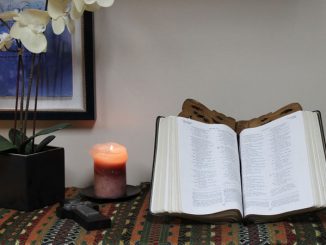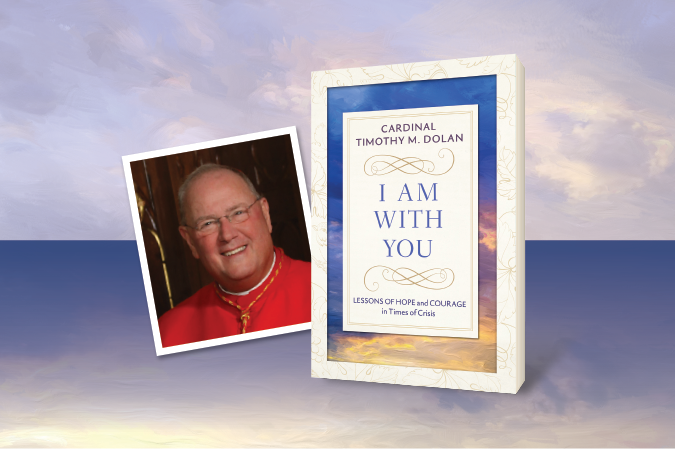
Lent is a wonderful time for us to learn or to re-learn the story of our salvation, which is at the heart of our Baptism. How does one go about telling a story, however, that spans several millennia and encompasses 72 books (and thousands of pages) of Scripture? Actually, the entire story of our salvation can be summarized and captured in three words: the story of our salvation is one of rescue, restoration, and reassurance. During Lent, I invite you to join me in reflecting on these three aspects of our story. This week, we continue with restoration.
Restoration
In my book, Under the Influence of Jesus, I stated the following:
In essence, God does only two things, but, he does them really, really well! Creating and redeeming are the primary functions of God in relation to human beings. God gives life, and God restores meaning to life.
God has redeemed us through his Son, Jesus. That redemption involves rescue, restoration, and reassurance. Restoration is at the heart of the story of our salvation history. Since the sin of Adam and Eve, humankind has been in need of restoration. God’s covenant with Abraham was intended to restore what was lost in the Garden of Eden. The Exodus event was intended to restore the Jewish people to their rightful place as God’s Chosen People. The Ten Commandments were given to restore the relationship between God and his People. After the fall of the kingdoms of Israel and the Exile, the Jewish people looked to God to restore them and to restore the kingdom.
Jesus Christ is the embodiment of God’s promise of restoration! In and through Jesus, we are restored to an intimate relationship with God. Jesus exemplified this by performing miracles of restoration: he restored sight, hearing, speech, strength, health, calm, and even life!
Restoration is part and parcel of the Gospel. Today, more than ever, the world is in need of restorative justice—justice that does not seek to punish but to heal, reconcile, and restore. In my book, Living the Sacraments, I share the following thoughts about restorative justice:
Just as good physical health is more than the absence of sickness and injury, true spiritual health is more than the avoidance of sinful acts; it also entails acts of virtue that hit the mark. Because our sinful acts cause disruption in relationships, reconciliation actively seeks to restore such relationships. Establishing and maintaining peace requires hard work that is focused on healing and making amends. Reconciliation is not just a private act of self-improvement but a communal effort to be a reconciling people working toward a just world. Too often, our understanding of justice is one that is punitive. Scriptural justice—the justice of God—is primarily restorative: the focus is not so much on the punishment of the perpetrator but on the restoration of the victim and the perpetrator to right relationship.
It is for this reason that the priest assigns a penance in the Sacrament of Reconciliation: a symbolic action on our part to restore that which has been broken. Therefore, it makes great sense for parishes to celebrate the Sacrament of Reconciliation for groups of people who are about to engage in service projects and works of mercy; the sacrament can help us see our works of mercy as part of God’s plan for restorative justice and admit that we ourselves have contributed, either directly or indirectly, to the injustice we are seeking to remedy.
Lent is a perfect time to celebrate the Sacrament of Penance and Reconciliation and to approach the penance assigned to us as an opportunity to participate in God’s restoration of all of creation. Likewise, during Lent, we practice almsgiving—not to feel better about ourselves, to earn grace, or as an act of pity for those less fortunate—but as an act of contrition: the admission that we have contributed either directly or indirectly to injustice in the world; and as an act of restoration: a symbol of our commitment to make things right and to remedy injustice in our world.
During this Lenten season, let us pray that each of us will be restored to health in mind, body, and spirit, and that our world will be restored to reflect God’s plan for all of creation.





Be the first to comment